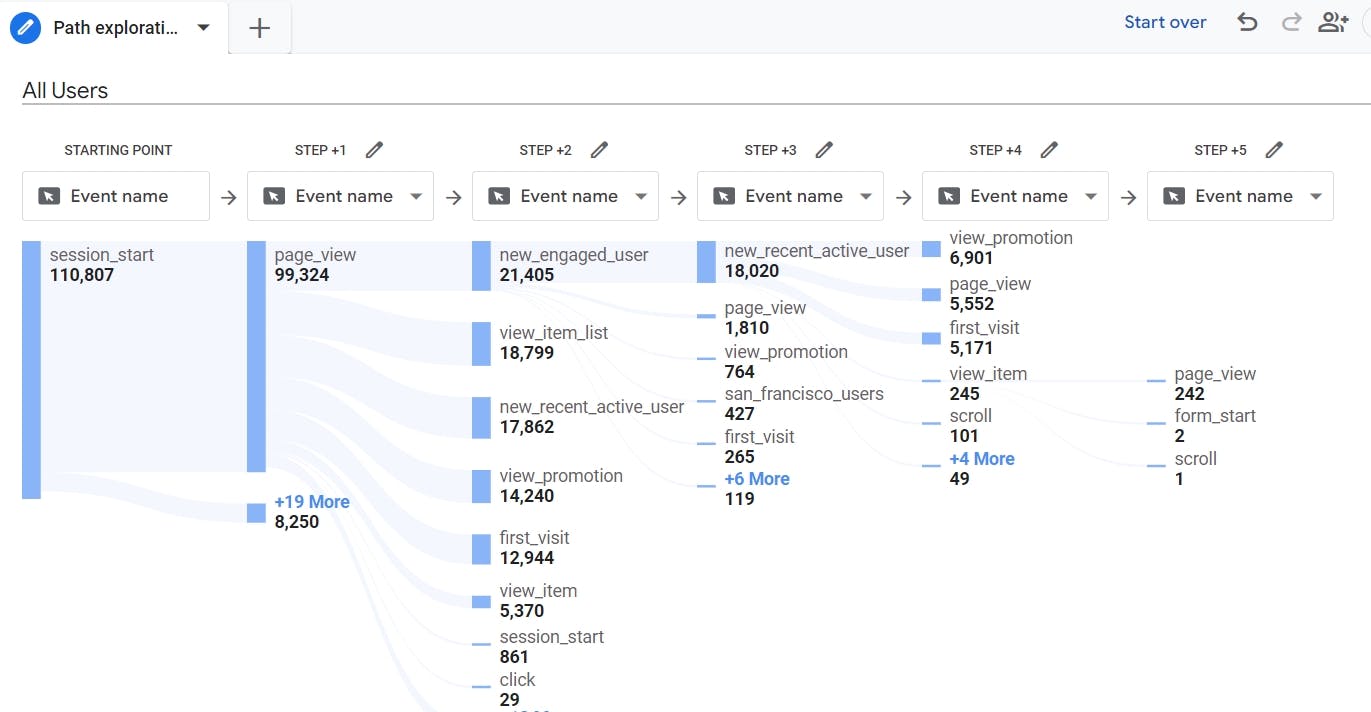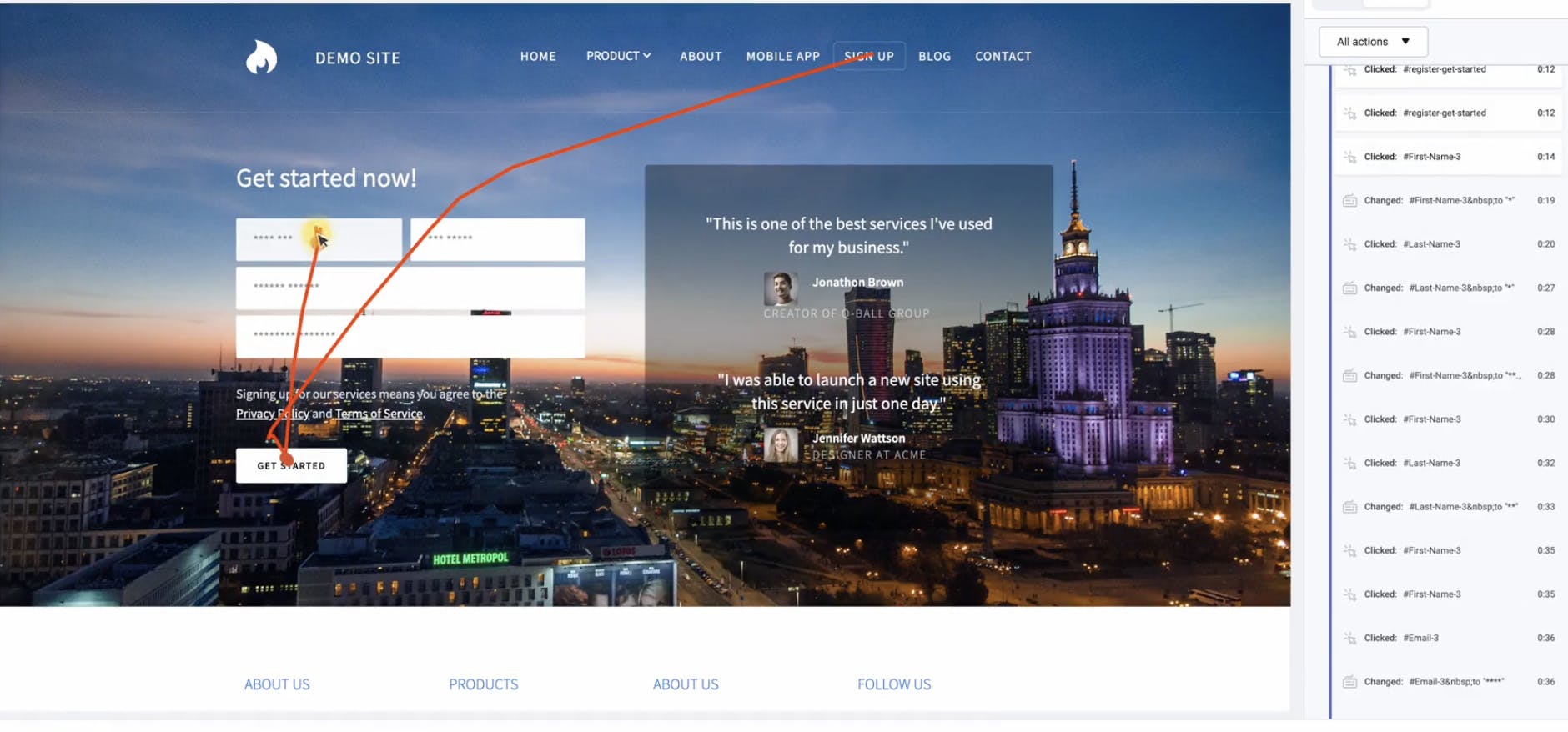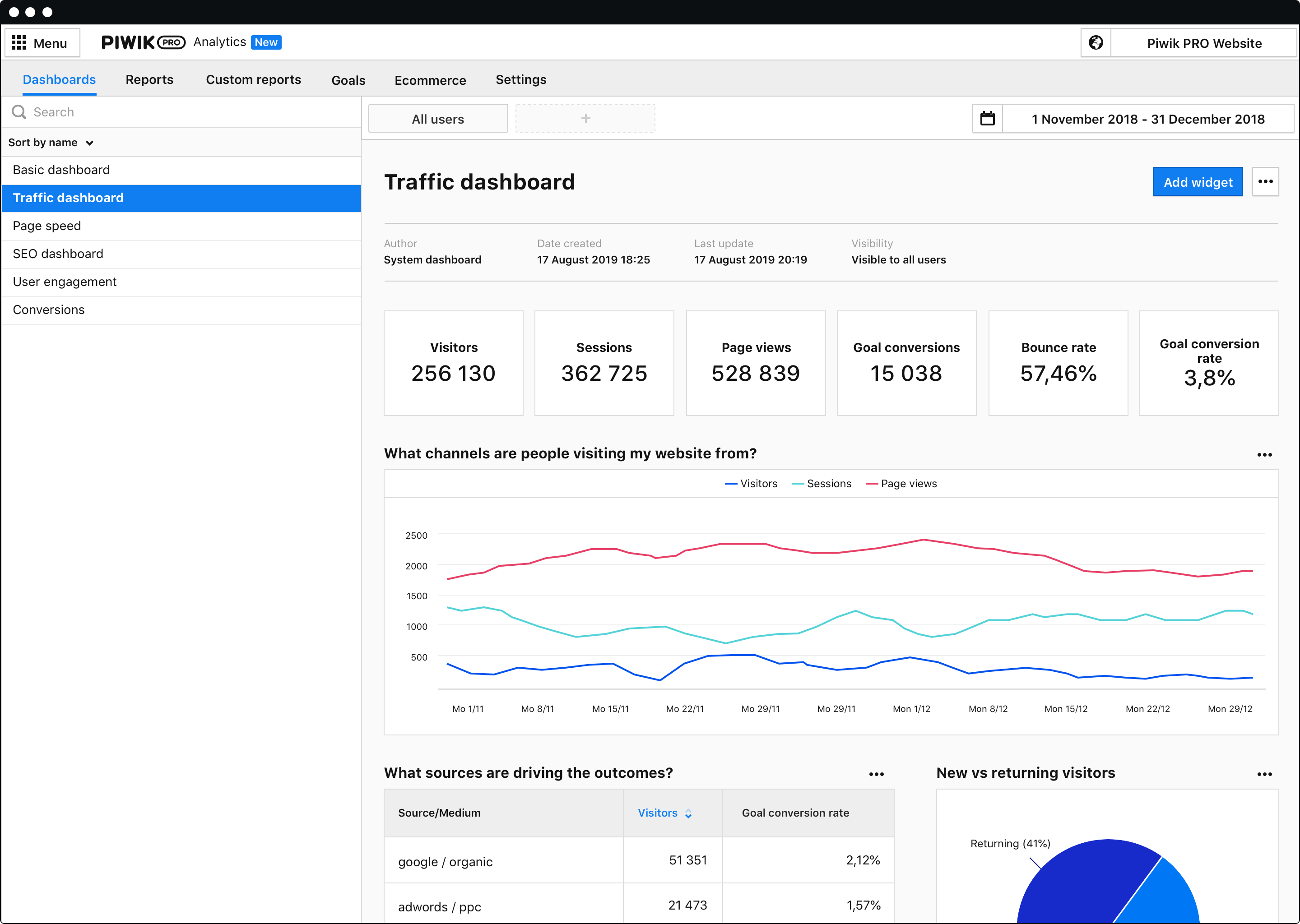Know your Audience
Knowing your audience is the first step to having a successful business. Analytics tools will provide invaluable insights into your users and how they interact with your website. From page views and session durations to user demographics, understanding user behaviour is the first step in tailoring your website to meet audience expectations. And the more qualified insights you have, the better decisions you can make in the future.
Things you should be measuring
Performance
Monitoring performance metrics such as page load times and bounce rates is essential. Slow-loading pages can deter users, impacting both user experience and search engine rankings.
Conversions
For businesses, tracking conversions is paramount. Analytics enables you to identify the sources of conversions, understand user journeys, and refine your strategies to improve conversion rates.
Search Optimisation
Analytics tools provide a bird's-eye view of your SEO performance. Track keyword rankings, organic traffic, and user engagement to refine your SEO strategy and improve search engine visibility. Some can also detect technical issues that may hinder your website's performance like crawl errors or broken links.
Content Effectiveness
Analytics shed light on the performance of individual pieces of content. By identifying high-performing content, businesses can refine their content strategy and cater to audience preferences.
The Best Analytic Tools
There are plenty of different tools and services on the market. Here are a few worth highlighting.
Google Analytics
A stalwart in the analytics arena, Google Analytics offers a comprehensive suite of tools. From audience demographics to real-time user activity, it provides a wealth of data to inform decision-making. It is a free tool and easy to implement on any website. The user interface is intuitive, however, it can be quite daunting to delve deep into the data exploration and analysis. For a quicker review, Google Search Console is also a great tool.
Visit the Google Analytics site to learn more.

Hotjar
Hotjar takes a unique approach by offering heatmaps, session recordings, and user surveys. It's a visual tool that allows you to see how users interact with specific elements on your website. It also provides interactive tools like feedback widgets or user interviews so you can hear directly from your costumers. From free to subscription plans.
Visit Hotjar site to learn more.

SEMrush
SEMrush is a subscription service only, but it offers much more than just your traditional analytics. It focuses on SEO provides insights into organic search performance, backlink profiles, and keyword rankings, Competitor Analysis, Content Marketing and Social Media Management.
Visit SEMrush site to learn more.

Piwik PRO
For businesses prioritising data privacy, Piwik PRO offers a self-hosted analytics solution. It allows you to maintain control over your data while still benefiting from robust analytics features.
Visit Piwik Pro site to learn more.

Moz
Moz is not a website analytical tool per se, but it deserves a reference in our list. It provides great insight and research on keywords, like volumes, SERP (Search Engine Results Pages) and Competitive Analysis. It is a great tool to understand how your users are finding you and what you can do to improve.
PS. Never underestimate the power of Real People
Although we are mainly referencing automated tools, do not overlook the power of workshops. Having regular user sessions where you can gather first hand information on how your users interact with your website is the most valuable tool you can have. You can propose simple tasks, like navigating to a certain page, or more complex ones, as choosing a particular product and adding it to the cart. More often than not, you will find out that users expect things a certain way and are not willing to compromise. And as they say, costumer are always right.
